Women couldn’t even pick their partners
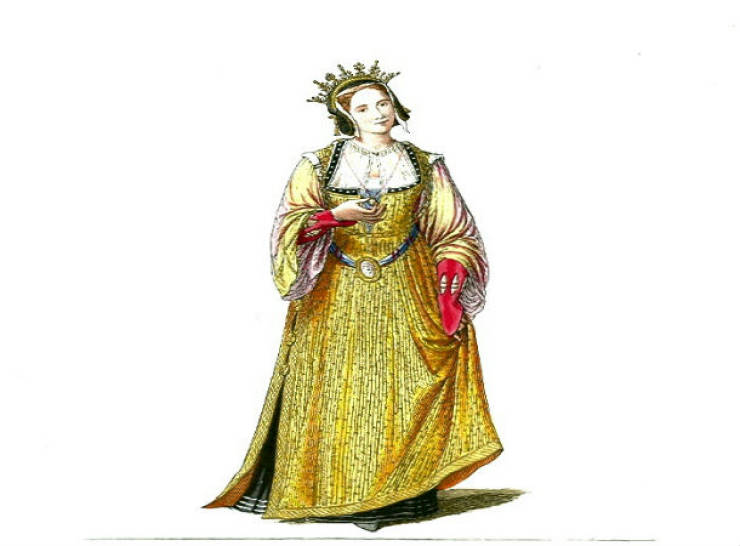
Marriage in medieval times was very different from what we would define as “marriage” today. For one, women didn’t have a choice in terms of who they married and didn’t even know the man before they wed. Simply put, marriage wasn’t based on love and romance back then.
Wives (and women in general) had no rights whatsoever
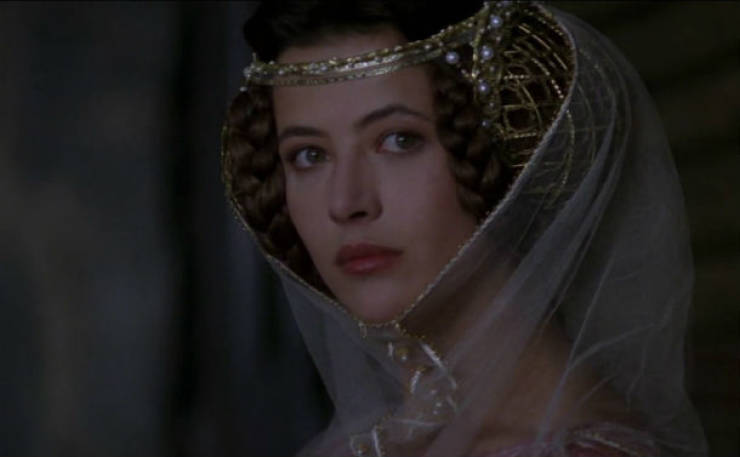
Even though rape was considered a crime in most parts of medieval Europe, the particular laws governing sex were different when you were married. A wife could not legally refuse her husband’s sexual demands, but a husband couldn’t refuse his wife’s advances either. The popular belief was that women were always longing for sex, and that it was bad for their health not to have intercourse regularly. To make a long story short, women were seen (and used) as strictly for the purposes of sex, bearing and raising children, cooking and cleaning.
They calculated time in a very strange way
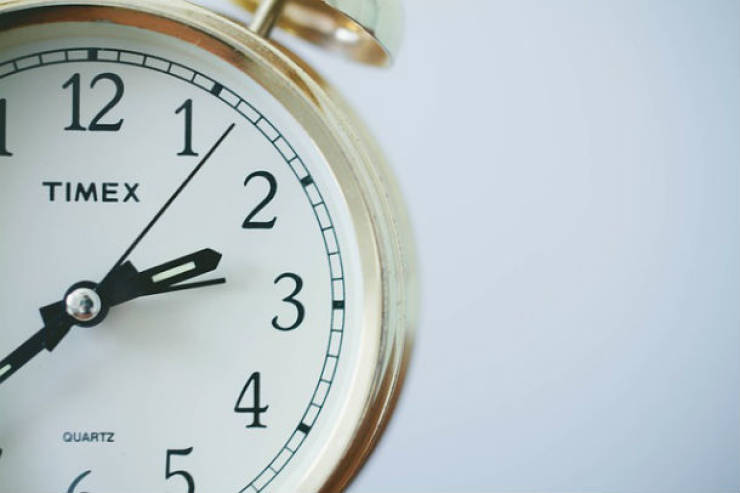
In the early Middle Ages, Europeans told time in a way that would seem very strange to us. They divided the day into seven hours of equal length. Because summer days are longer than winter ones, a winter hour was about sixty minutes, but a summer one was about 150 minutes.
The penitentiary system was literally barbaric
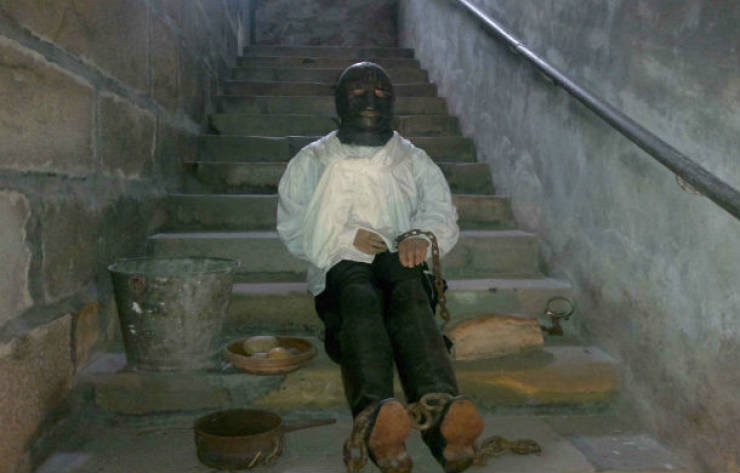
The penitentiary system of the age wasn’t as civilized and humane as the one today in most parts of the West. If you ended up losing your freedom, hell was waiting for you. Jails were first dungeons in castles or castle towers such as the Tower of London. A prisoner wasn’t fed and didn’t get water every day and of course there wasn’t any social activities or sunshine. Most prisoners were in irons in their cells to prevent escape attempts and many of them either died from starvation or disease.
There was no pavement to walk on
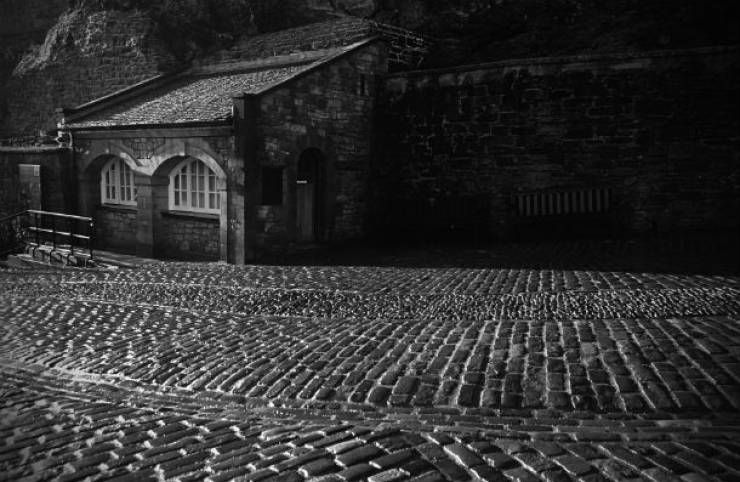
In most medieval big cities and more specifically London, there was no pavement and people had to walk on bare earth. For the record, it wasn’t just bare earth that people had to walk on, as most of the ground was covered with excrement, as well as animal entrails and rotting food.
People did not have last names
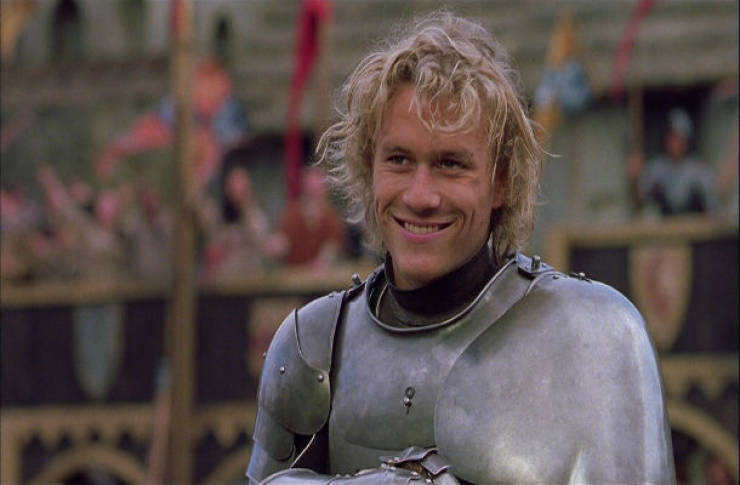
In the medieval period, most people had only a given name such as William. To help differentiate, most were known by their city of origin and thus William became William of Nottingham. Another way for someone to differentiate himself was to add his attribute after his name and thus William became William the Butcher, for instance.
Men wore horrible shoes
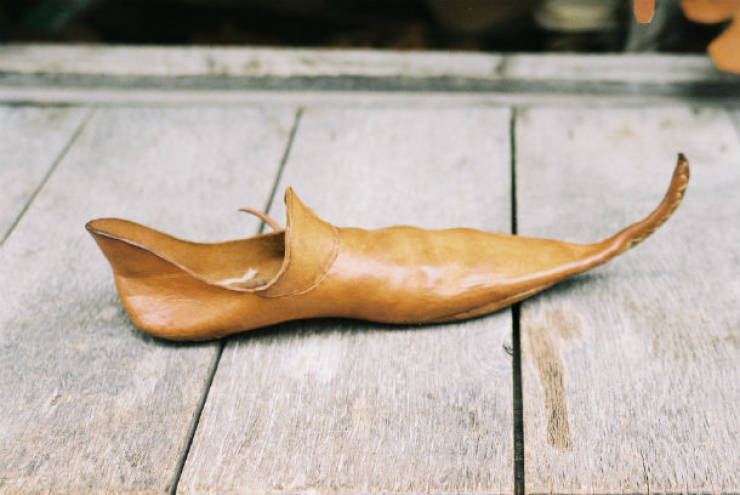
Apparently in medieval Europe men considered long-toed shoes a fashionable thing for some odd reason. As a matter of fact, most nobles had to tie the ends to their leggings in order to show off their “hot” shoes while crusaders had to cut off the tips of their shoes in order to be able to run away from the enemy.
Medieval cuisine was gross and unhealthy
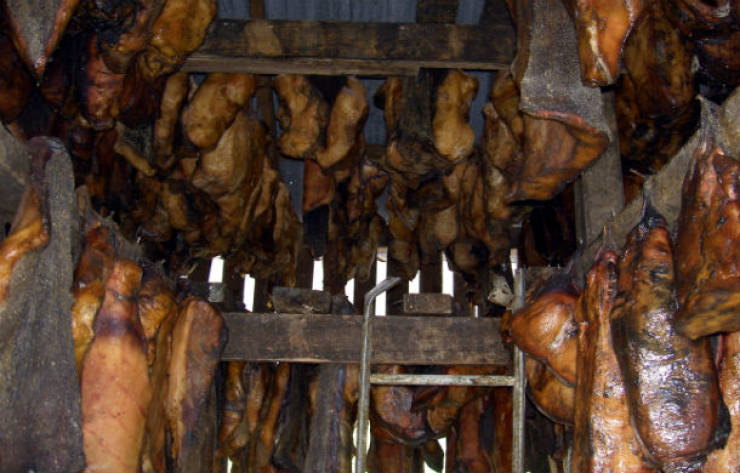
The violence of the Middle Ages led to a primitive society lacking in elegance and refinement. Early medieval food was basic and the ingredients were homegrown. The masses ate a lot of bread, poor-quality meat (mostly pork) that was rich in fat, while there was a serious lack of fruits and vegetables.
Men wore corsets and other feminine clothes
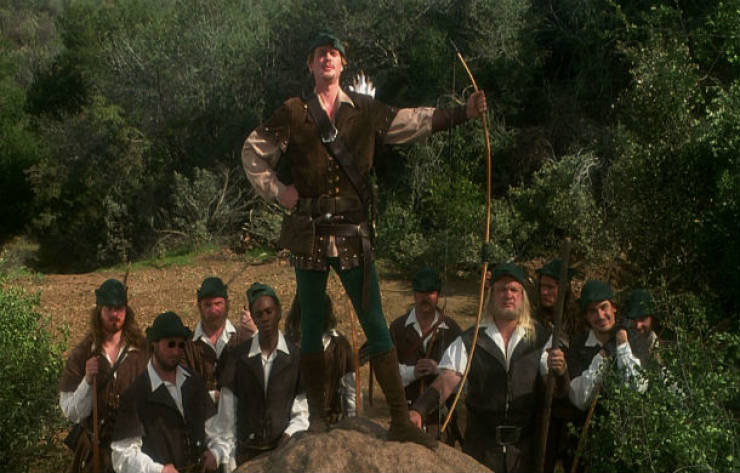
If you happen to be one of those who think men aren’t too manly and tough nowadays and are allergic to the word metrosexual, you would have hated the way men dressed in medieval times. By the early 1400s all the fashionable young noblemen wore tights and corsets in a vain attempt to get the leanest possible waist.
The population was significantly lower
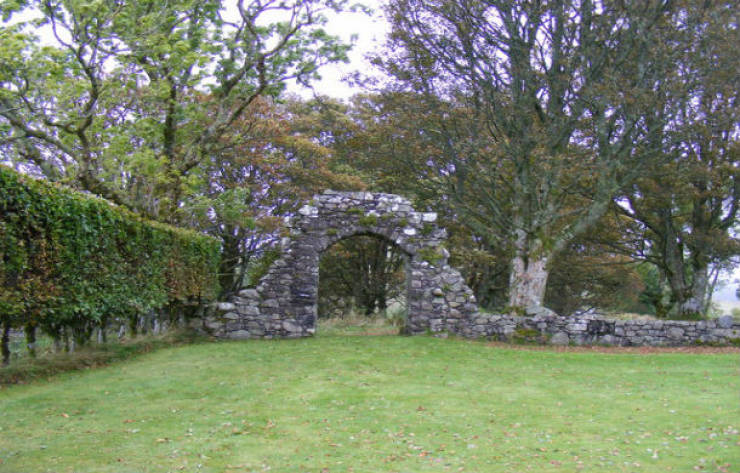
When we say the population was lower, we really mean it. To get a better idea of this, London and Paris had no more than forty thousand residents each, while the world’s largest cities at the time, such as Constantinople and Baghdad, had about a million people each. In other words, medieval Europe was virtually empty.
Life expectancy was ridiculously shorter than today

From what we’ve learned the average life expectancy for a male born in the UK between 1276 and 1300 was about thirty-one years. As for women things were slightly better since the average woman made it past childbearing age.
Football was illegal
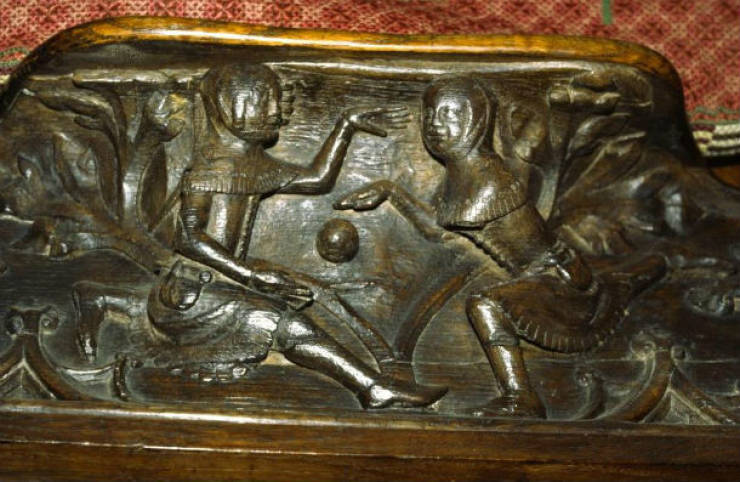
Today it might be the most popular sport with thousands of fans filling the stadiums but this wasn’t always the case with the world’s most popular sport. Back then football not only was illegal but also a very violent sport mixing the rules of modern football and rugby. Due to its violent nature, King Edward II banned it in 1314, stating, There is great noise in the city caused by hustling over large balls . . . we forbid . . . on pain of imprisonment, such game to be used in the city in the future.
The vast majority of people were drunks
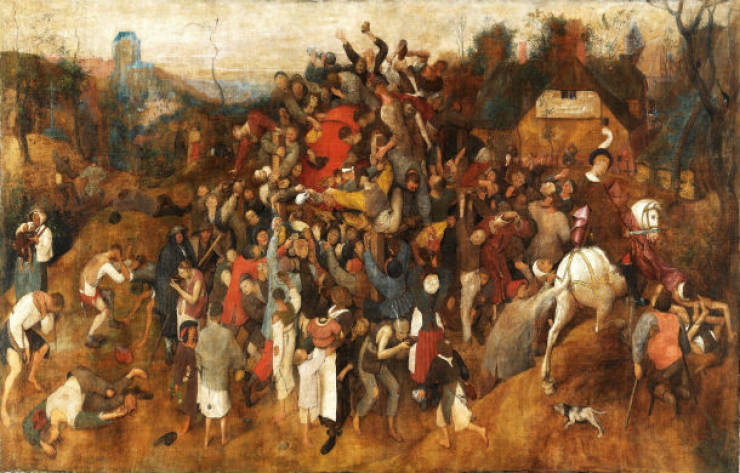
Water was rarely drunk in medieval times due to the difficulties in obtaining clean water. If water had to be drunk, spring water was preferred, as it was less likely to cause disease than river water. Water was also believed to be bad for digestion, and for all these reasons people consumed large portions of wine, beer, cider, ale, etc., and being wasted or drunk in England was the norm.
People didn’t shower or even wash their hands
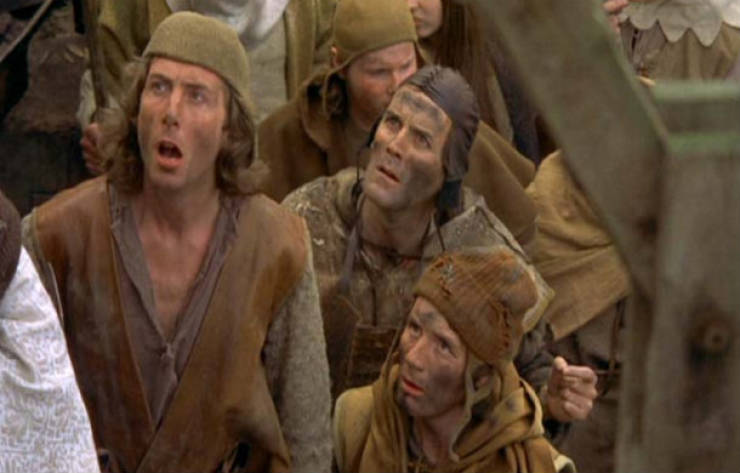
Even though public baths and sanitary methods were common in Rome, Athens, and most big cities in Europe, all this changed in medieval times. Christians were prohibited from bathing naked and, overall, the Church proclaimed that being sanitary and public bathing led to immorality, promiscuous sex, and diseases. These “unwritten laws” of religion became part of the daily lives of most citizens who slowly started avoiding any kind of self-cleaning.
It was a very dirty era

It is estimated that the inhabitants of medieval London, both human and animal, produced fifty tons of excrement a day. As a matter of fact, during the fourteenth century, Sherborne Lane in East London was so disgusting that it was officially known as Shiteburn Lane.
Death was common for entertainers
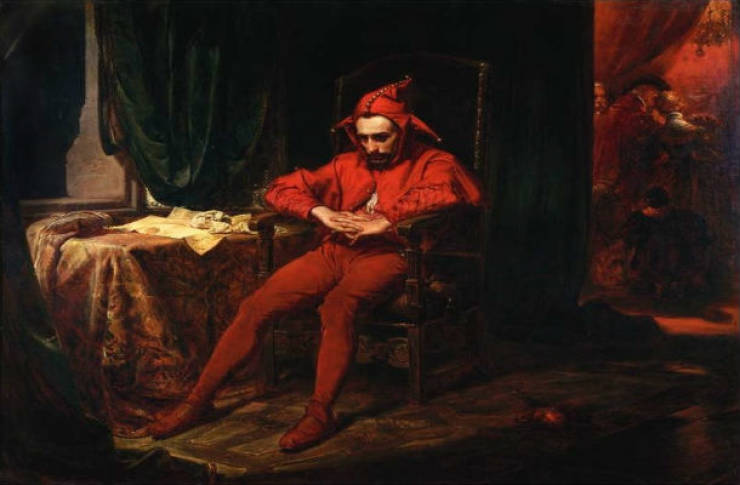
Nowadays actors, singers, athletes, and TV personalities might be some of the highest-earning and most respected individuals around the world but in medieval times things weren’t that great for them. If an entertainer failed to make the king happy he could be executed for not being good at his job and no, that’s not just a story you’ve seen in films.
Bread could make you hallucinate or even kill you
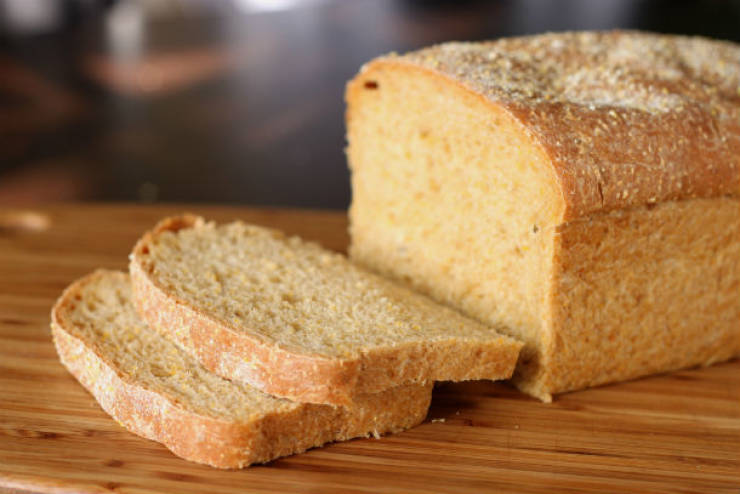
Bread was the staple of life in the Middle Ages. However, during summer making bread was a particularly difficult task for villagers since they would run out of grain and the new crop wasn’t ready to be harvested. For that reason they were forced to make bread from old rye infested with a fungus called ergot, which pretty much had the same effects as LSD.
You would have a 50 percent chance of dying from the Black Death
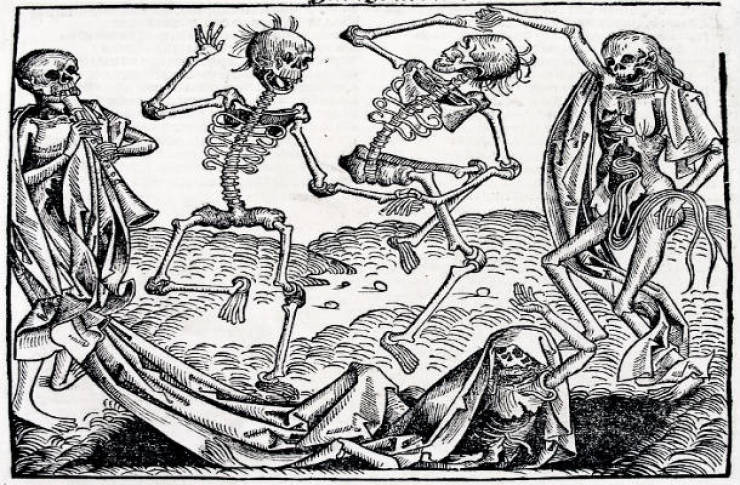
The Black Death has been recorded as one of the deadliest plagues in the history of humankind. According to historical accounts, the Black Death killed about half of Europe’s population in just three years, which means that if you lived in medieval Europe around the 1340s you had a 50 percent chance of dying from it.
People had horrible manners
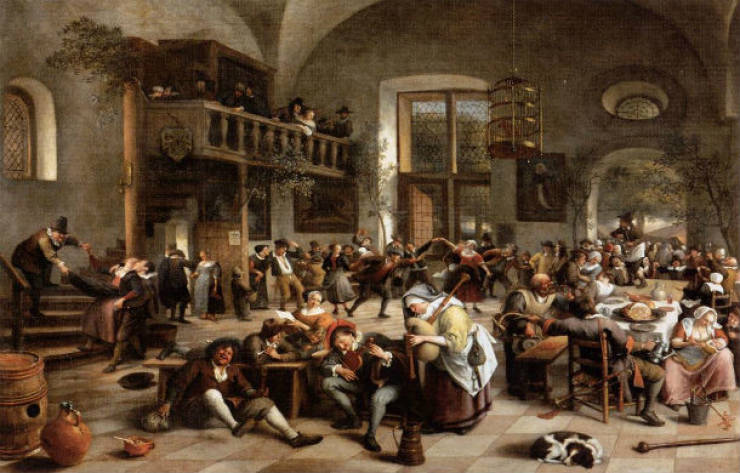
Excluding most royalty and a few select noble people, the vast majority of the people didn’t know what good manners were. Most of them used profanity regularly, they considered kindness a bad thing, and had horrible table manners; to get a clearer idea, it was considered cool to burp out loud while dining and throw bones and scraps on the floor.
Architecture was awful and depressing
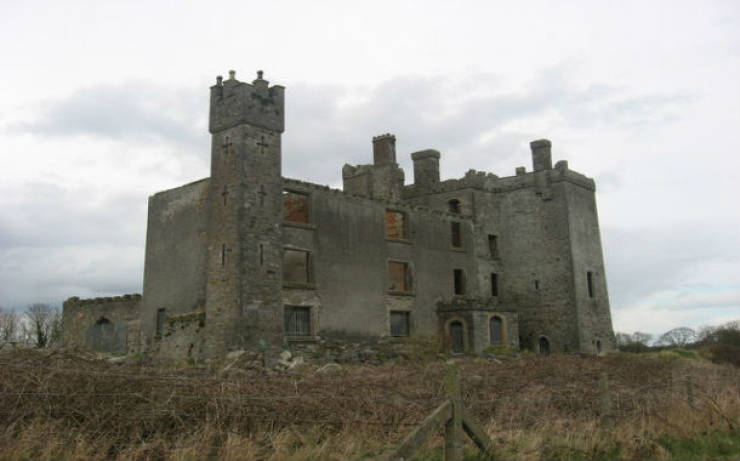
The castles, which are considered the best examples of architecture from that era, belonged to the wealthy, important, and powerful people such as kings, nobles, and knights. However, castles were designed to protect their owners from rivals and invaders and so what mattered most wasn’t how “beautiful” they were but that they be impenetrable to attack. This is the main reason most remaining castles in England look so depressing and gray.
Criminal animals

Under medieval law, animals could be tried and sentenced for crimes, as if they were people. There are records of farm animals being tried for injuring or killing people. Not a nice time or place to be for animals or the people who love them.
Anesthetics were pretty much unknown to the masses
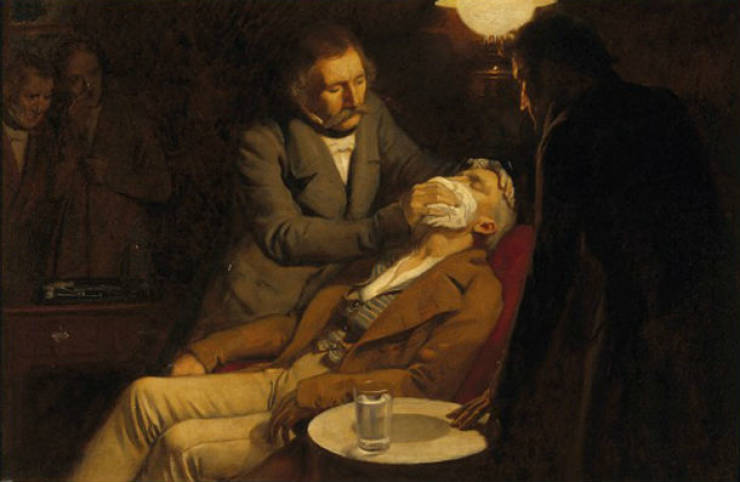
Today we take the use of anesthesia for granted, whether it be in a dentist’s office, or a hospital. However, this wasn’t the case in the Middle Ages. Surgeons had a very poor understanding of human anatomy, anesthetics, and antiseptic techniques to keep wounds and incisions from infection, which resulted in many deaths and lots of pain.
 Barnorama All Fun In The Barn
Barnorama All Fun In The Barn